Medical devices are key in healthcare, helping with diagnosis, treatment, and care. They have changed the healthcare world, making care better and outcomes better for patients.
We aim to show how important medical devices are. This includes tools for checking health, treating diseases, and for surgery. These devices have made healthcare better, helping doctors diagnose and treat more accurately.
Understanding medical devices helps us see their big impact on healthcare. We will look at different types of devices and how they help in today’s healthcare.
Introduction to Medical Devices
Medical devices are vital in healthcare. They help a lot in patient care and treatment. From tools for checking health to devices for treatment, they play a big role.
Key Takeaways
- Medical devices have revolutionized the healthcare industry
- Healthcare technology and medical equipment are key for diagnosis and treatment
- Medical devices improve patient outcomes and enhance patient care
- Diagnostic and monitoring equipment are essential for accurate diagnoses
- Therapeutic medical devices and surgical instruments are vital for effective treatments
- Understanding medical devices is key for healthcare professionals and patients alike
Essential Categories of Medical Devices for Modern Healthcare
Medical devices are key in today’s healthcare, helping improve patient care. They include diagnostic tools, therapy devices, life support tech, and surgical tools. These products have changed how doctors diagnose and treat patients.
We aim to explain these important categories. By knowing about these devices, doctors can choose the best for their patients. This leads to better care and health results.
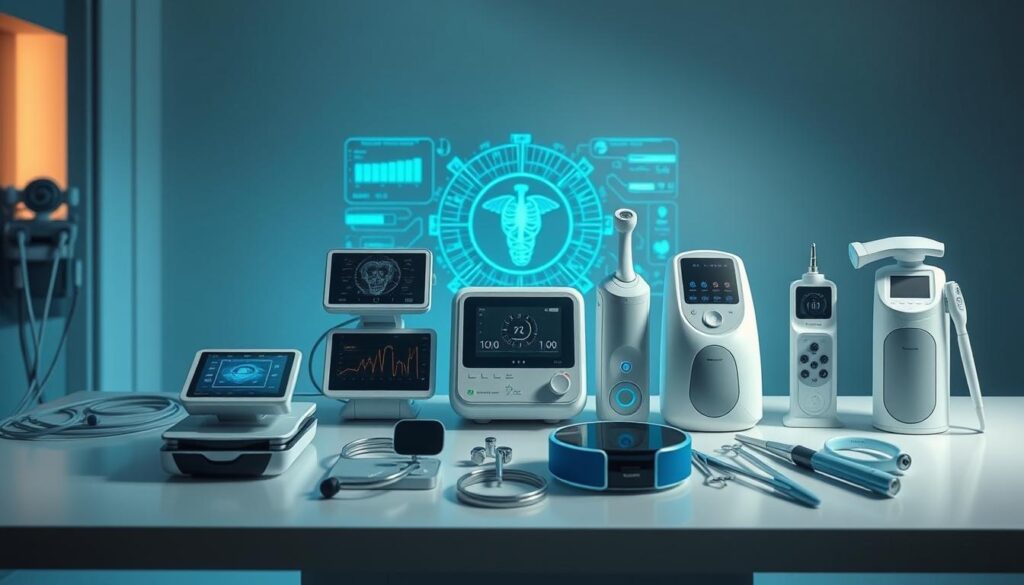
Diagnostic and Monitoring Equipment
Devices like ECG machines and ultrasound tools are vital for diagnosis and monitoring. They help doctors accurately spot and track medical issues. This allows for quick and effective treatment.
Therapeutic Medical Devices
Therapeutic devices, like insulin pumps and pacemakers, treat and manage health problems. They greatly impact patient care, improving their lives and reducing risks.
Life Support and Critical Care Technology
Life support tech, including ventilators and dialysis machines, is critical for patient care. These devices help keep patients alive and aid in their recovery from severe illnesses or injuries.
Surgical and Interventional Devices
Surgical and interventional tools, such as surgical robots and catheters, are used for various procedures. They allow for less invasive treatments, reducing risks and improving outcomes.
How to Select the Right Medical Devices for Your Practice
Choosing the right medical devices for your practice is important. We need to think about what patients need and what we can afford. Medical supplies like gloves and syringes are key for everyday use. Surgical instruments are vital for surgeries. And healthcare products, like diagnostic tools and life support systems, are essential for patient care.
When making choices, consider these important points:
- Patient needs and preferences
- Budget and resource constraints
- Regulatory requirements, such as FDA clearance and CE marking
- Device compatibility and integration with existing systems
By carefully looking at these factors, we can make sure our practice has the right devices. This ensures we can give our patients the best care. Keeping up with new healthcare products and medical supplies is key. It helps us make smart choices and care for our patients well.
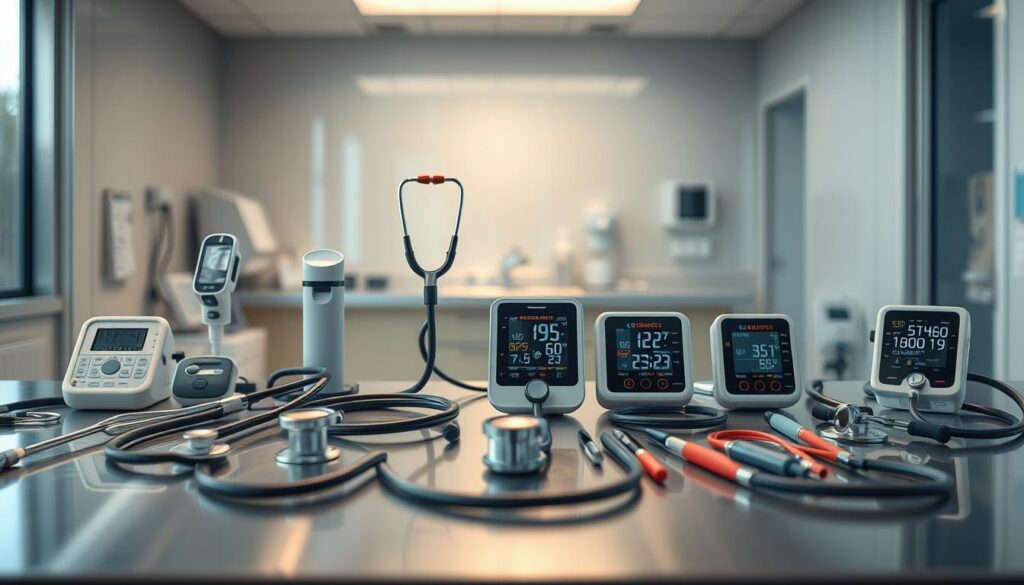
Choosing the right medical devices is key to our practice’s success. By focusing on patient needs, budget, and rules, we can build a top-notch practice. We’ll use the latest surgical instruments and medical supplies to give our patients the best care.
Maximizing the Value of Your Healthcare Technology Investment
As healthcare providers, we know how vital it is to invest in top-notch medical technology. This tech helps us give our patients the best care. But, the real value comes from how we use and keep it up.
Creating a detailed plan for adding new medical gear is key. This ensures our teams are ready and can use it smoothly. It also means our equipment works its best.
Keeping software up-to-date and hardware in good shape is essential. This way, our devices last longer and keep working well. It also lets us keep up with the latest in healthcare tech.
Knowing what’s new in the field helps us upgrade or replace our equipment. This boosts the care we offer to our patients.
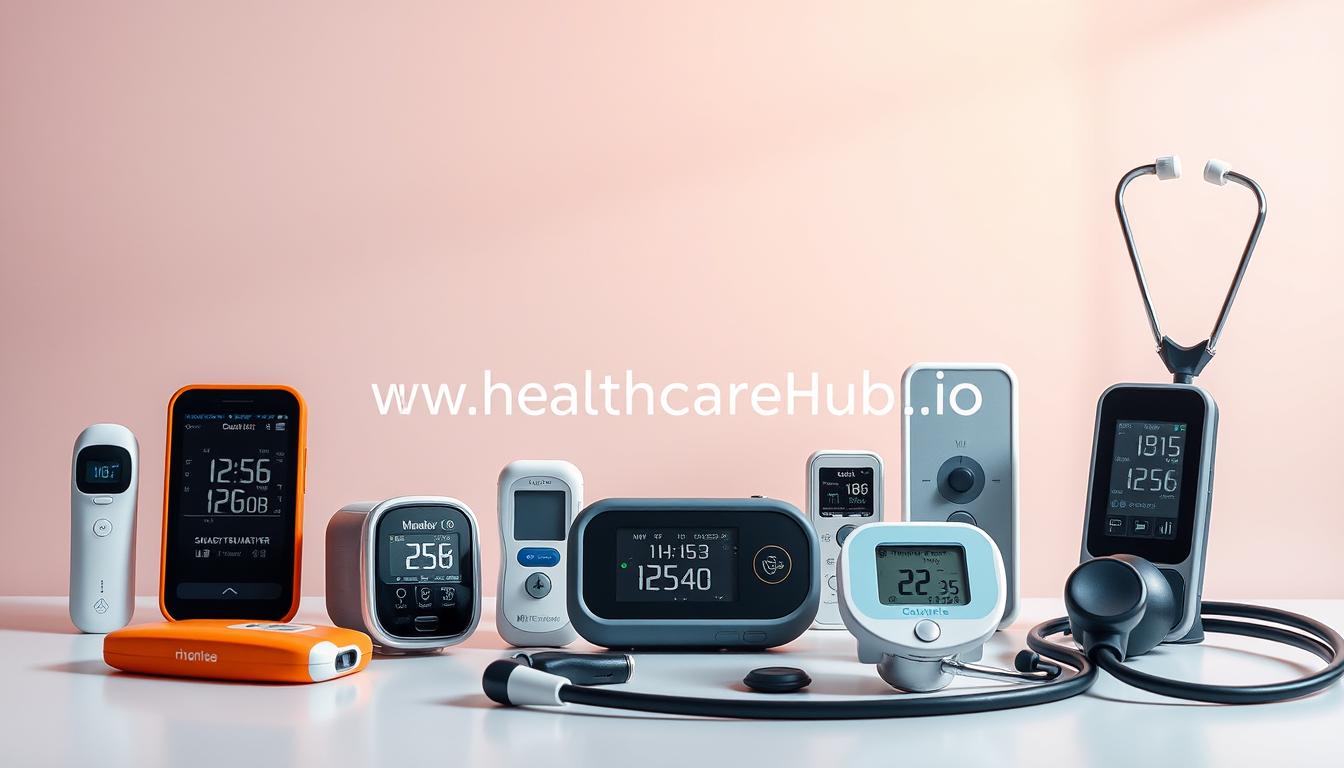
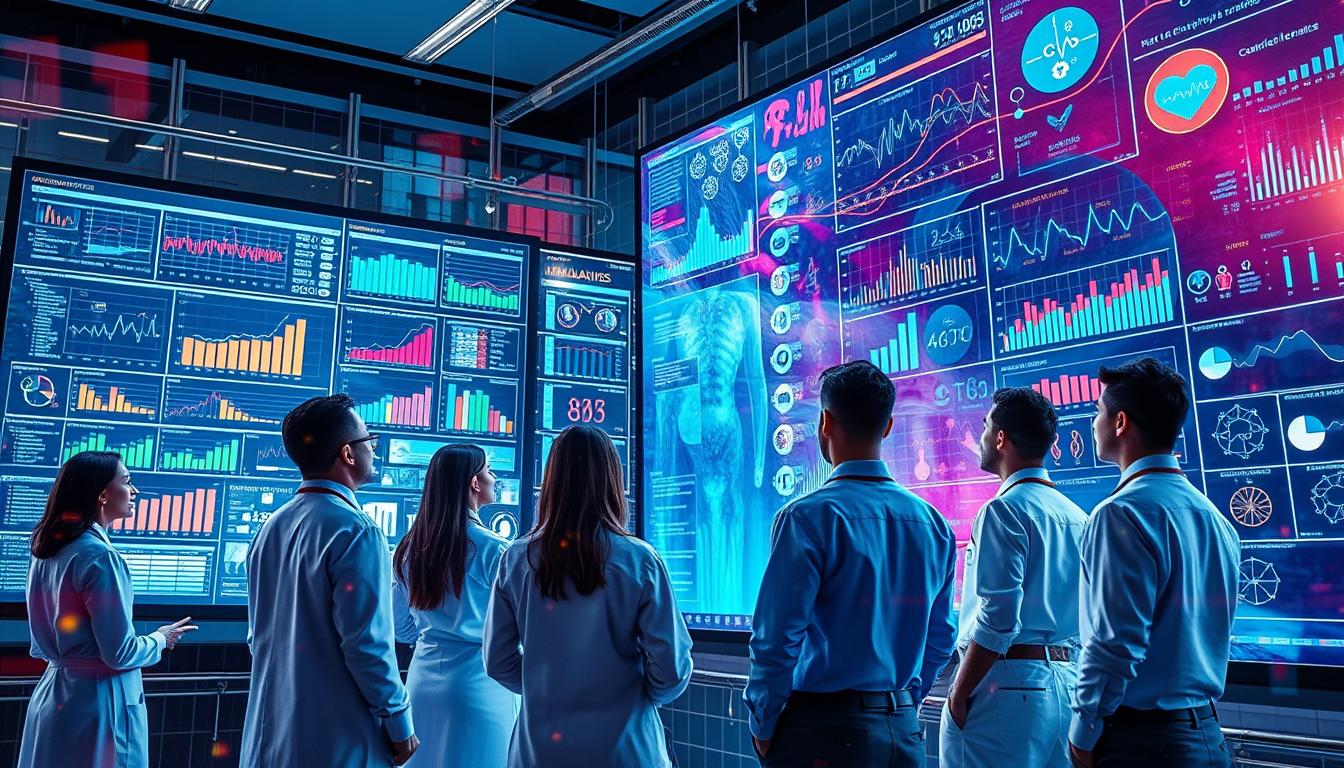
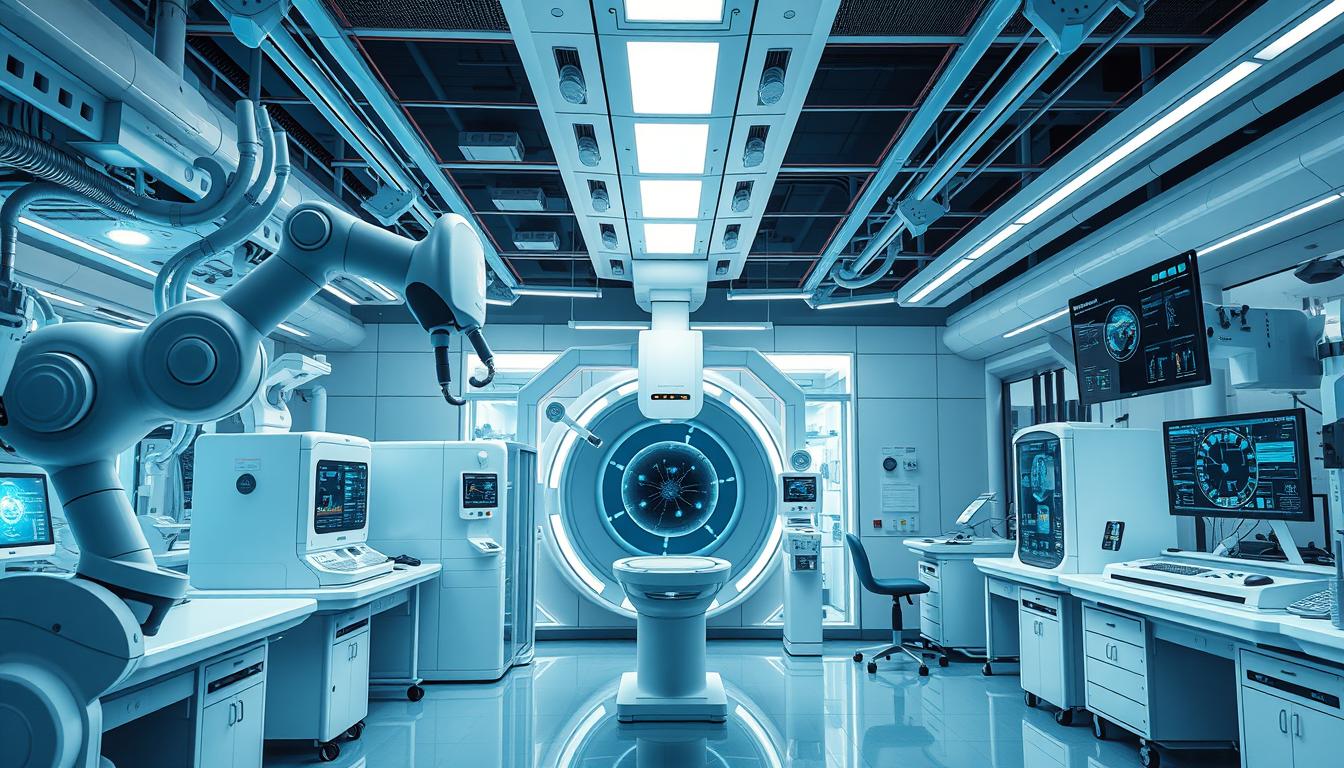
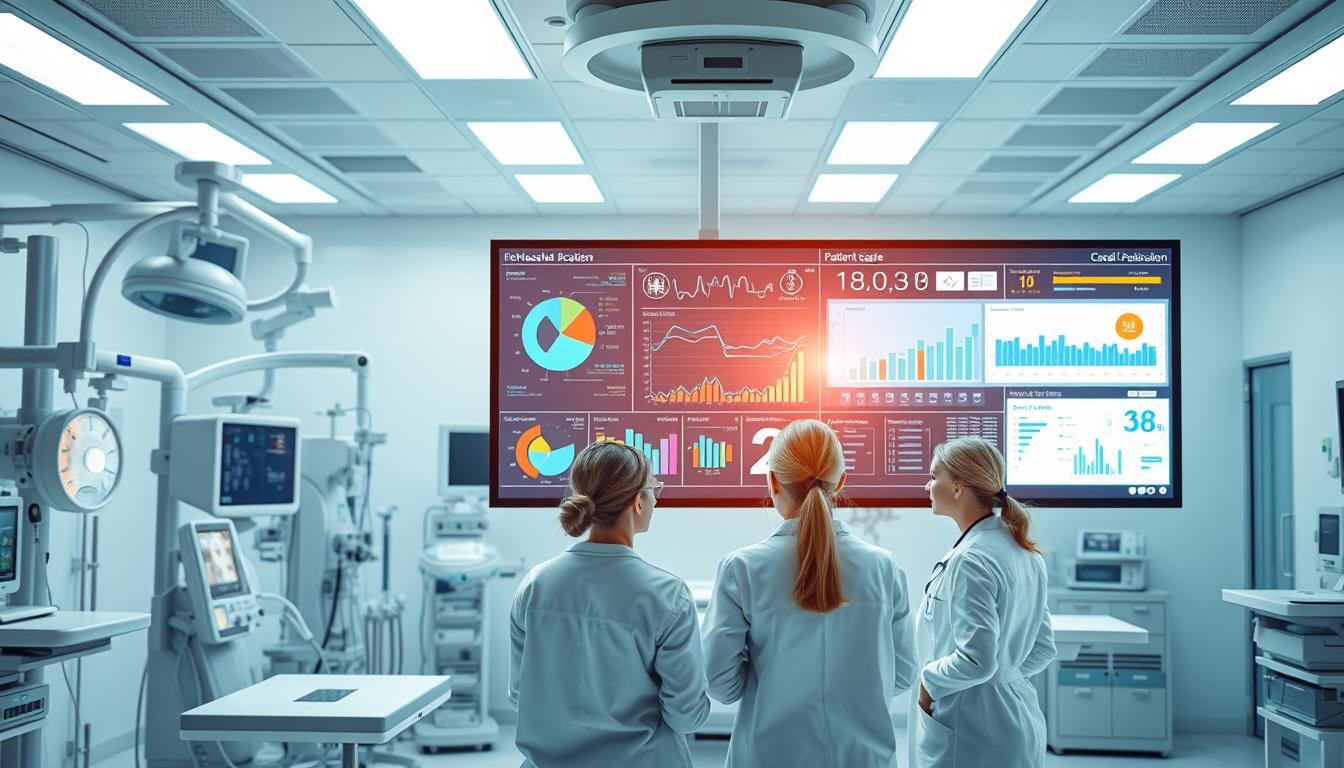
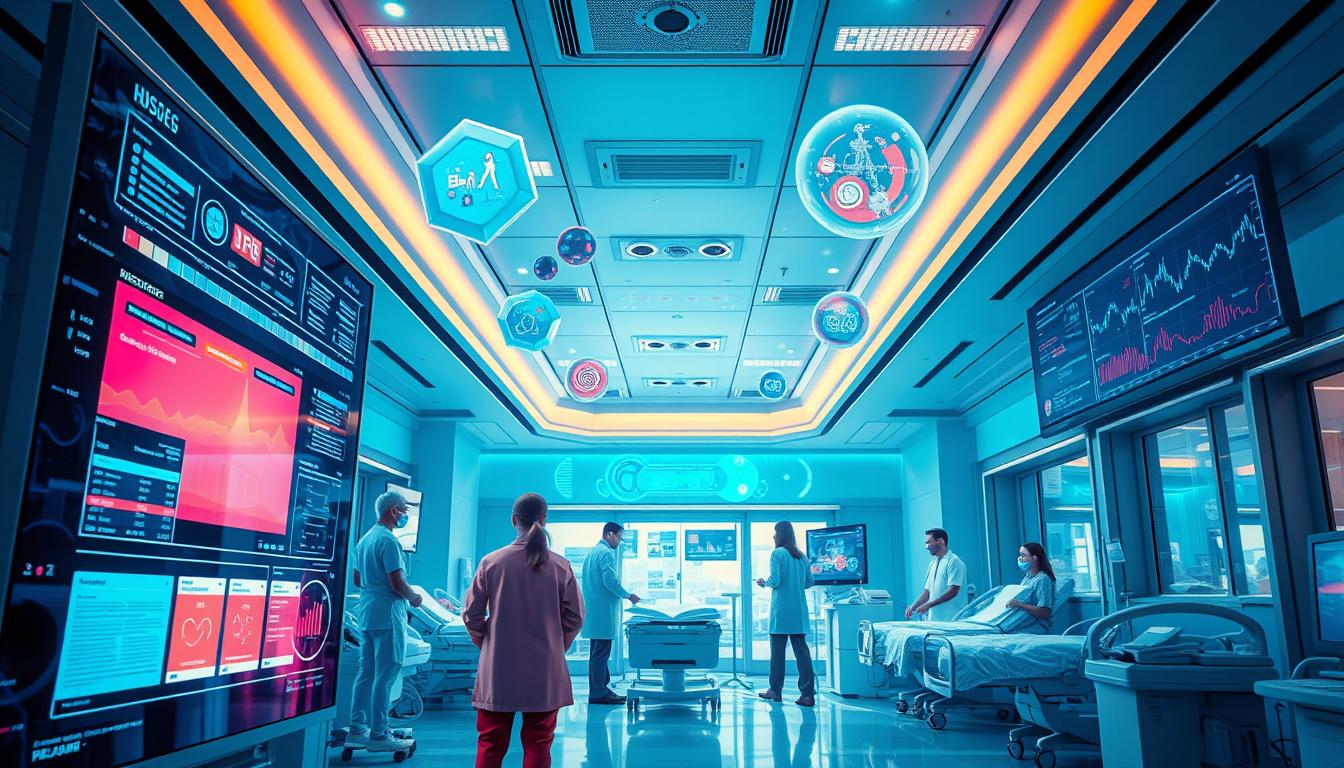
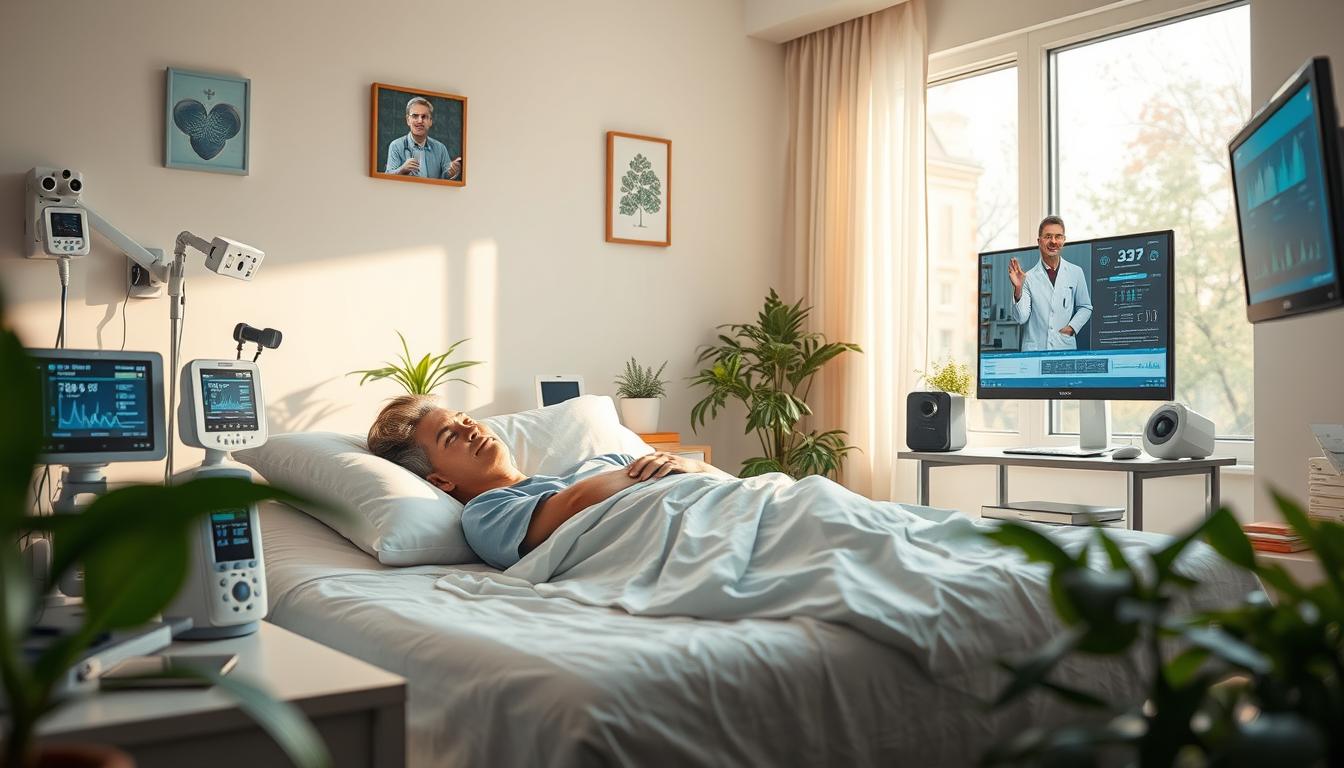
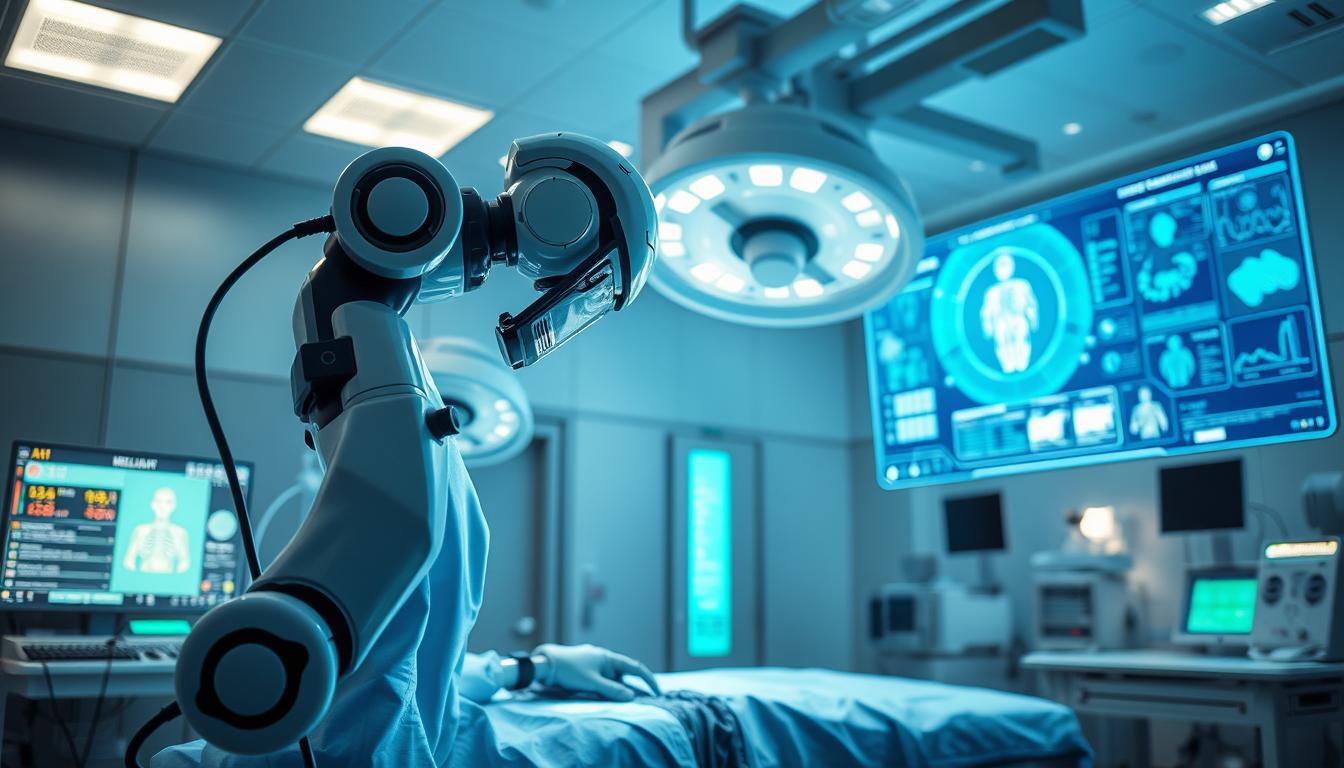
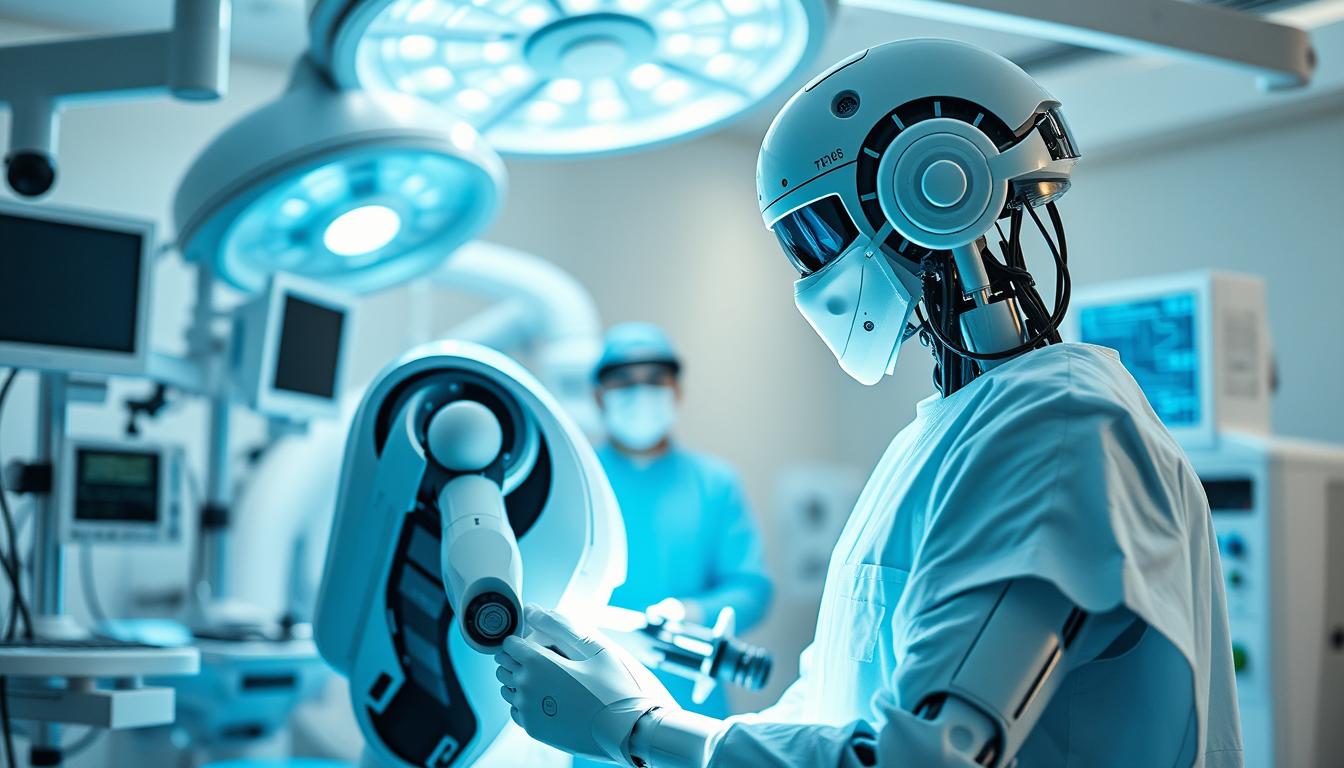
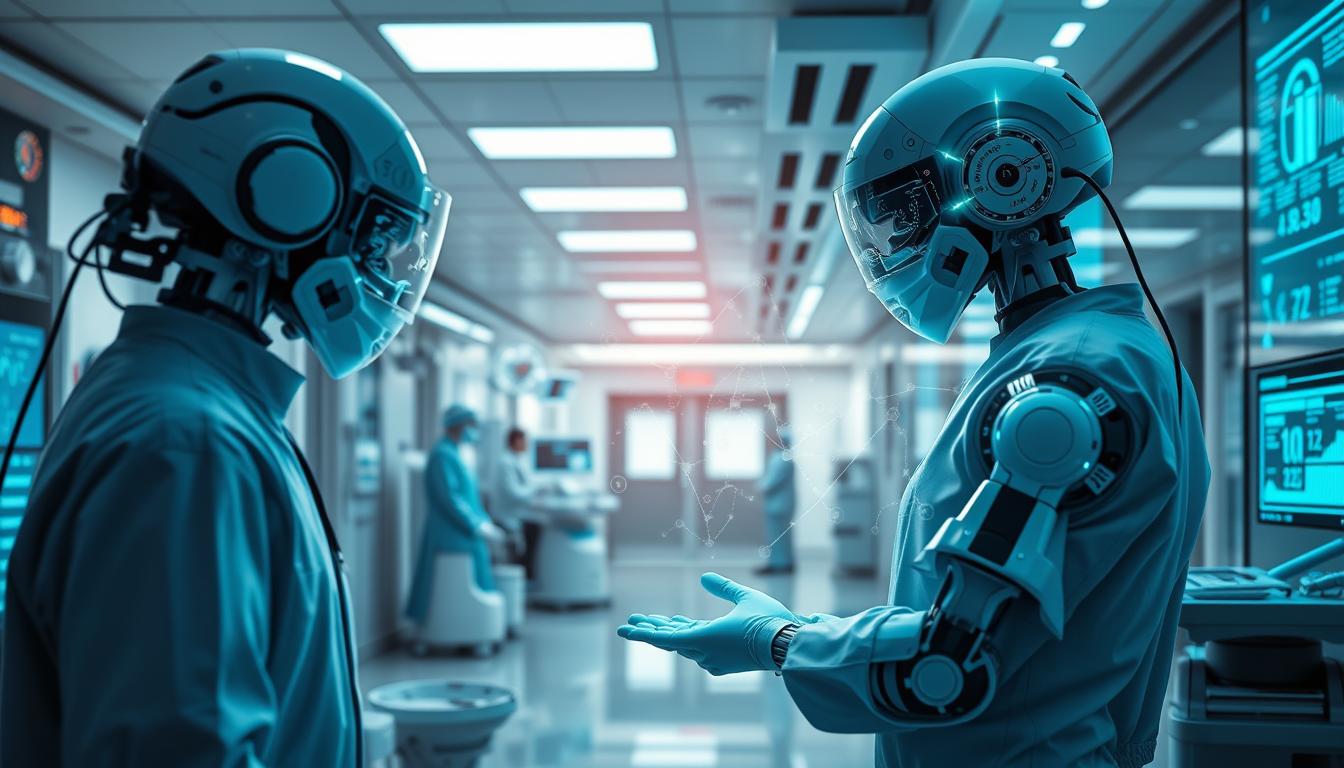

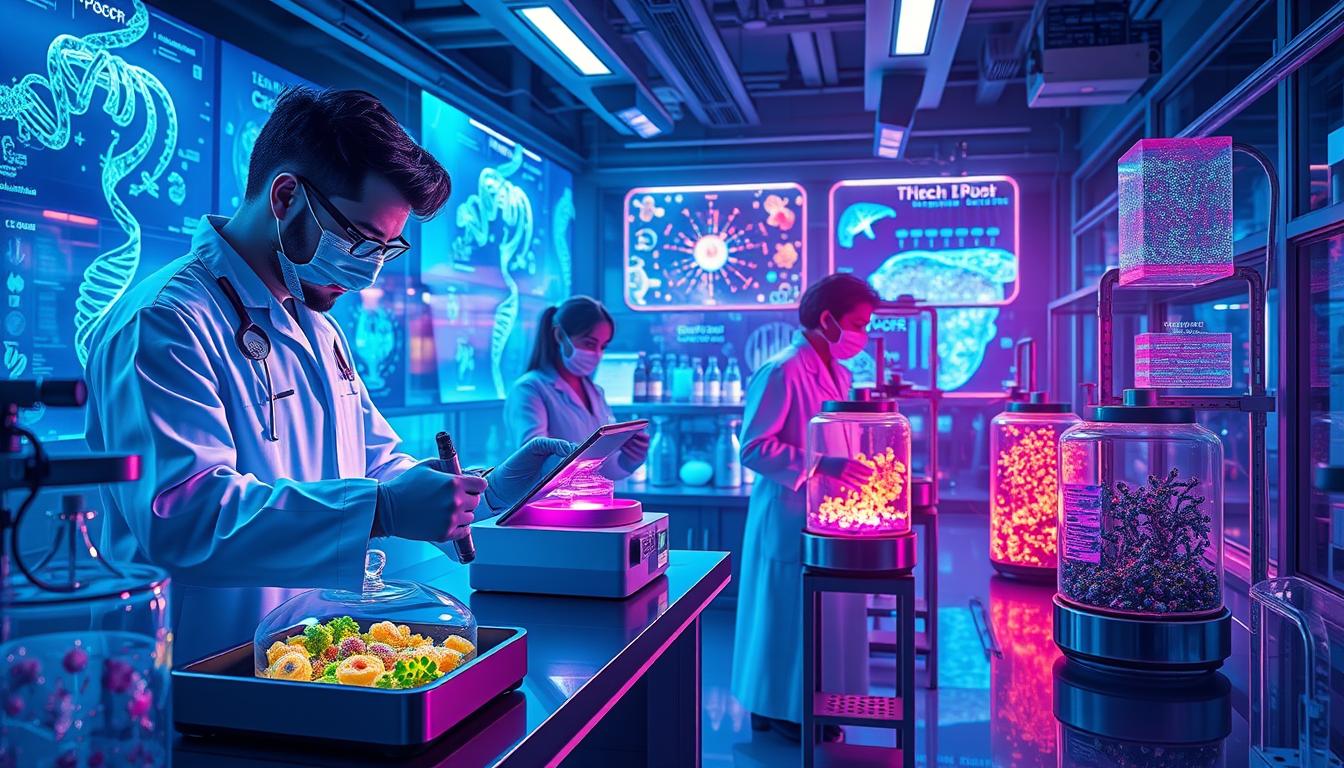
Leave a Reply